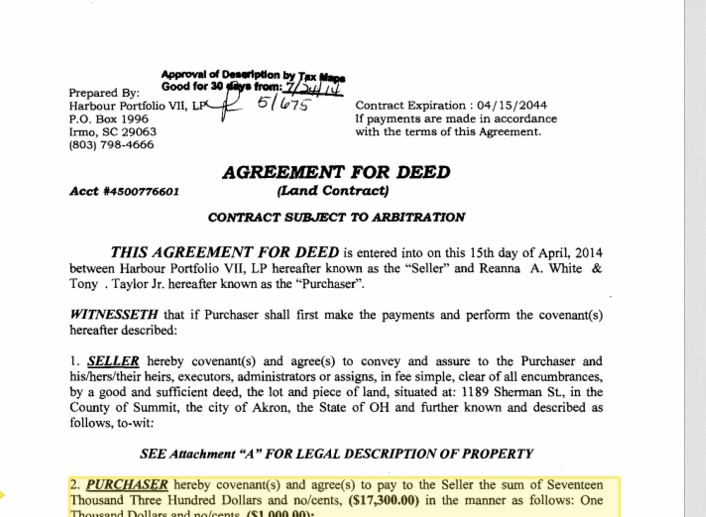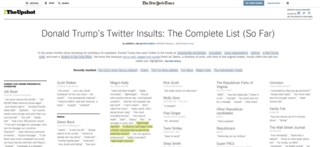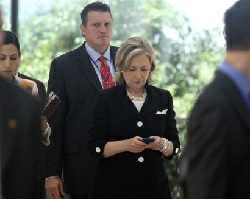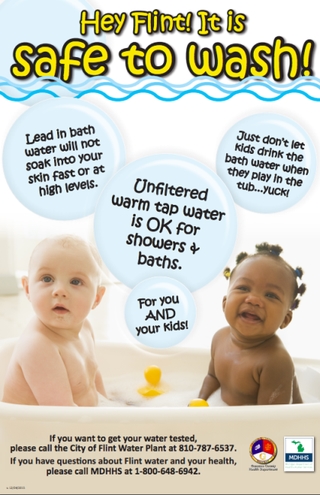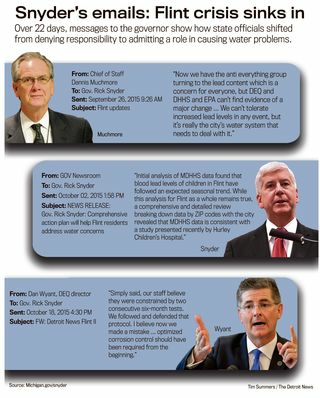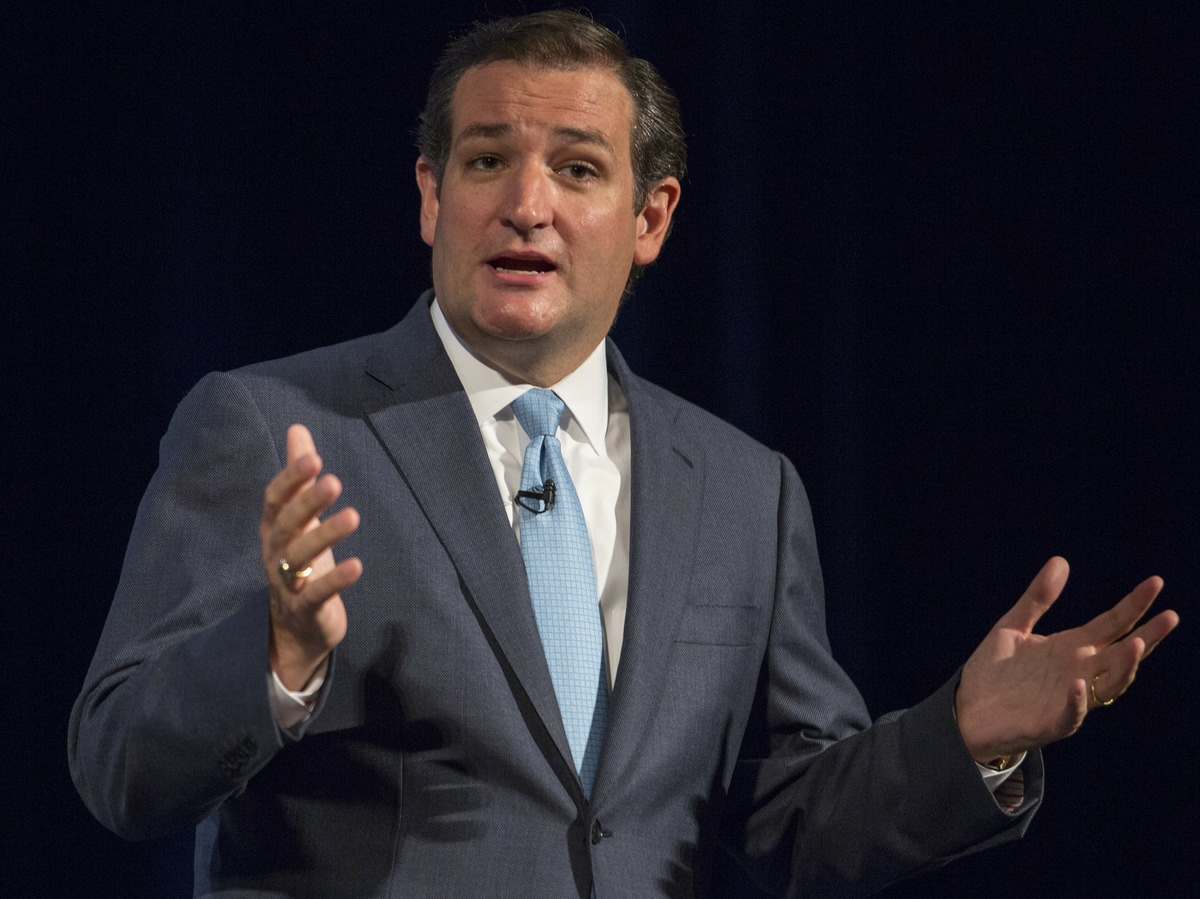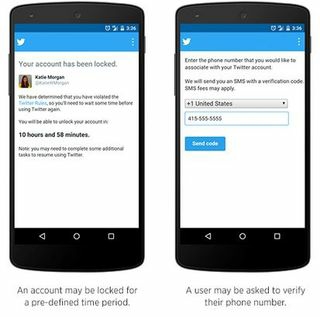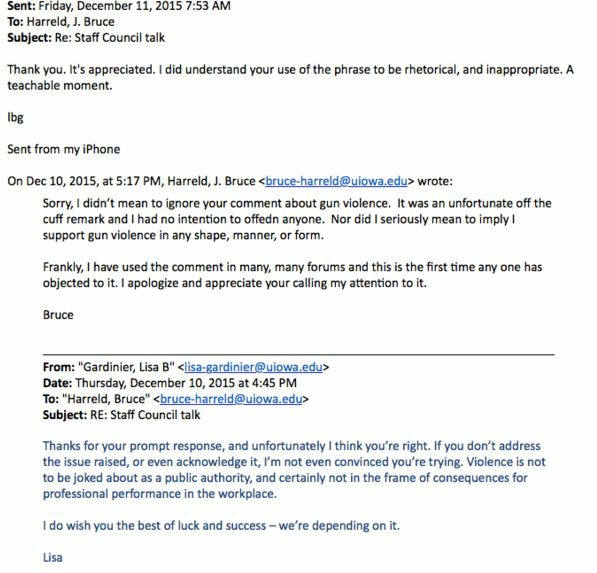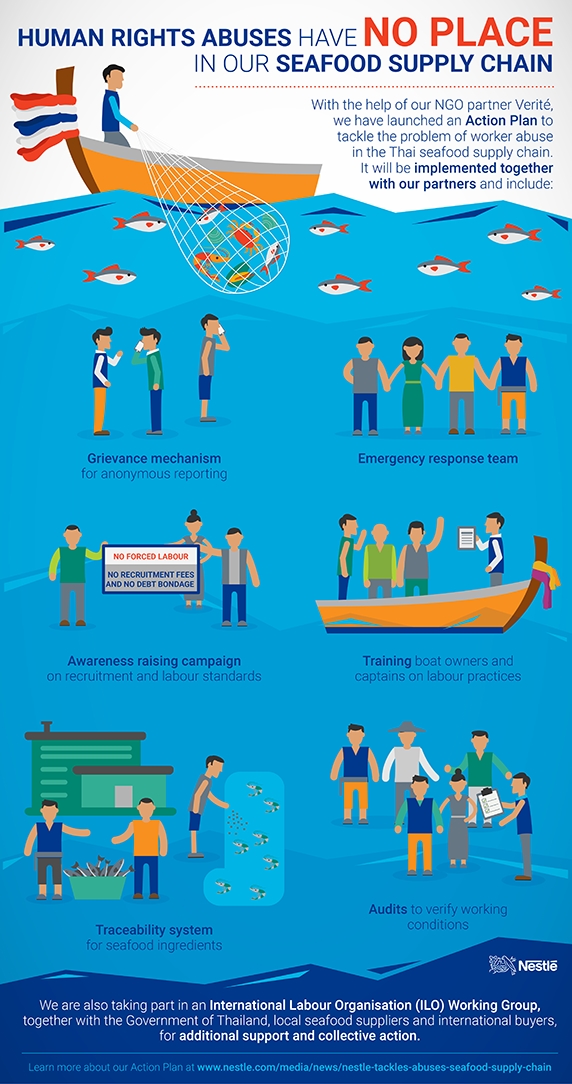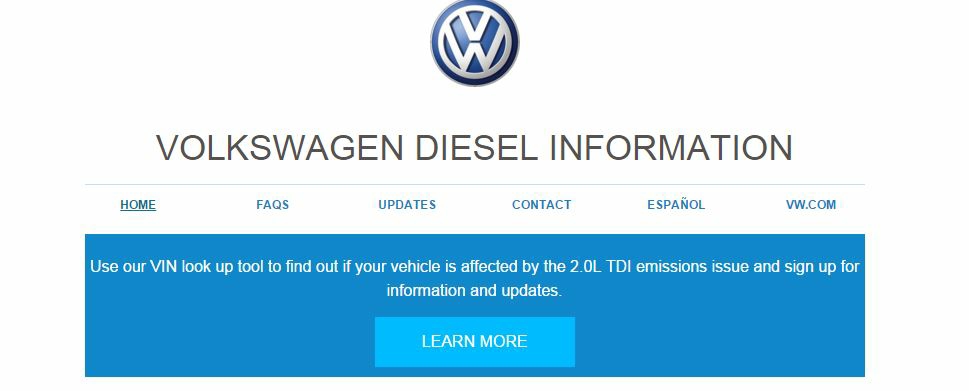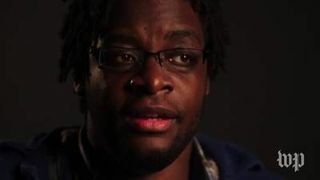More Homes People Can't Afford
/Did we not learn our lesson from the 2007 - 2008 financial crisis? A new "opportunity" exists for people with low-incomes to own a home, but of course, it comes will some big catches.
Investors bought dozes of vacant, dilapidated homes around the country and are selling them with a "contract for deed, or land contract." These include high-interest loans, which are difficult to pay as is, but pile on the need to fix major problems like mold, plumbing, and electric, and people are likely to default. One homeowner, who lives on a disability check, said, "It's like one thing after another is falling apart."
No surprise, the Akron, Ohio, housing administrator said that firms are targeting people "who do not have the financial ability to comply, nor the savvy to realize that they are being taken advantage of."
The contracts are a confusing mess. One posted on The New York Times' website is 109 pages long.
Sadly, this reminds me of a scene in The Jungle.
Discussion Starters:
- What lessons should we have learned from the financial crisis?
- What are the communication responsibilities and barriers in these situation? Identify both for the investors and buyers.
